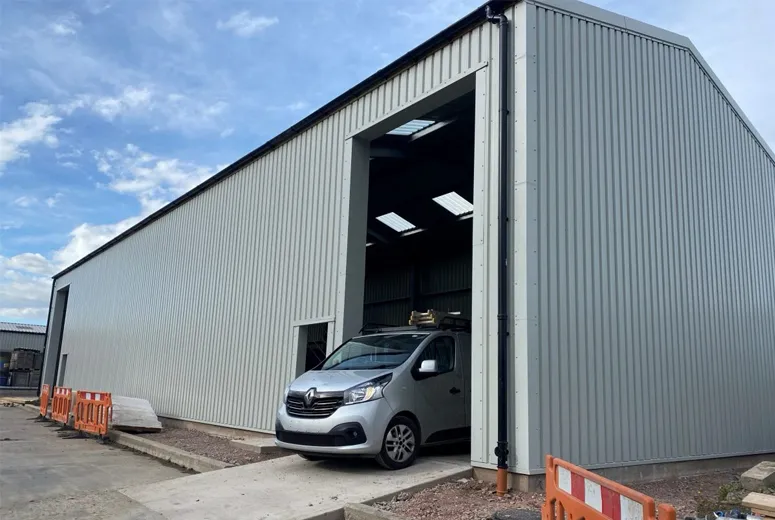- Afrikaans
- Albanian
- Amharic
- Arabic
- Armenian
- Azerbaijani
- Basque
- Belarusian
- Bengali
- Bosnian
- Bulgarian
- Catalan
- Cebuano
- Corsican
- Croatian
- Czech
- Danish
- Dutch
- English
- Esperanto
- Estonian
- Finnish
- French
- Frisian
- Galician
- Georgian
- German
- Greek
- Gujarati
- Haitian Creole
- hausa
- hawaiian
- Hebrew
- Hindi
- Miao
- Hungarian
- Icelandic
- igbo
- Indonesian
- irish
- Italian
- Japanese
- Javanese
- Kannada
- kazakh
- Khmer
- Rwandese
- Korean
- Kurdish
- Kyrgyz
- Lao
- Latin
- Latvian
- Lithuanian
- Luxembourgish
- Macedonian
- Malgashi
- Malay
- Malayalam
- Maltese
- Maori
- Marathi
- Mongolian
- Myanmar
- Nepali
- Norwegian
- Norwegian
- Occitan
- Pashto
- Persian
- Polish
- Portuguese
- Punjabi
- Romanian
- Russian
- Samoan
- Scottish Gaelic
- Serbian
- Sesotho
- Shona
- Sindhi
- Sinhala
- Slovak
- Slovenian
- Somali
- Spanish
- Sundanese
- Swahili
- Swedish
- Tagalog
- Tajik
- Tamil
- Tatar
- Telugu
- Thai
- Turkish
- Turkmen
- Ukrainian
- Urdu
- Uighur
- Uzbek
- Vietnamese
- Welsh
- Bantu
- Yiddish
- Yoruba
- Zulu
Nov . 16, 2024 18:17 Back to list
The Role of Steel Warehouse Structures in Modern Industry
In today's fast-paced industrial landscape, the significance of steel warehouse structures cannot be overstated. As businesses strive for efficiency, durability, and cost-effectiveness, steel warehouses have emerged as a preferred choice for storing goods and materials. Their unique attributes make them an indispensable asset in various sectors, from manufacturing to logistics.
One of the primary advantages of steel warehouse structures is their strength and durability. Steel, as a construction material, boasts a high strength-to-weight ratio, enabling warehouses to accommodate heavy loads without compromising structural integrity. This is particularly important in industries that require the storage of bulky machinery, raw materials, and large quantities of finished products. Steel warehouses can withstand harsh weather conditions, such as strong winds, heavy snowfall, and even earthquakes, making them a reliable option for long-term storage solutions.
Moreover, steel warehouse structures are highly versatile. They can be designed and constructed to meet specific operational needs, adapting to various layouts and dimensions. Whether a business requires a small storage facility or a sprawling distribution center, steel can be tailored to fit. This flexibility extends to interior configurations as well — customized shelving, racking systems, and conveyor systems can be integrated seamlessly, enhancing operational efficiency and maximizing space utilization.
steel warehouse structure

Another critical factor contributing to the popularity of steel warehouse structures is their rapid construction timeline. Compared to traditional building materials like wood or concrete, steel components can be prefabricated off-site and then assembled on location. This not only speeds up the construction process but also reduces labor costs and minimizes material waste. As a result, businesses can establish their storage facilities more quickly, aligning with the ever-increasing demand for efficient supply chain solutions.
In addition to practicality, steel warehouses also promote sustainability. Steel is a recyclable material, and many modern steel structures incorporate eco-friendly practices, such as energy-efficient insulation and renewable energy sources like solar panels. Companies that invest in sustainable warehouse solutions often benefit from reduced operational costs and enhanced corporate social responsibility, thereby improving their public image.
Furthermore, the economic advantages of steel warehouse structures cannot be ignored. While the initial investment may be higher than that of traditional materials, the long-term savings due to reduced maintenance costs, lower insurance premiums, and energy efficiency make steel a smart choice. Additionally, a well-constructed steel warehouse can enhance a company’s operational productivity, ultimately leading to increased profitability.
In conclusion, steel warehouse structures present a multitude of benefits that cater to the needs of modern industry. Their strength, versatility, rapid construction, sustainability, and economic advantages make them a superior choice for businesses aiming to optimize their storage capabilities. As industries continue to evolve, the reliance on steel buildings is only set to grow, solidifying their role as a cornerstone of efficient logistics and warehousing solutions.
-
How Do Prefabricated Steel Structures Transform Modern Construction?
NewsJul.14,2025
-
How Do Prefabricated Metal Buildings Redefine Modern Construction?
NewsJul.14,2025
-
How Do Prefab Insulated Metal Buildings and Steel Structures Revolutionize Modern Construction?
NewsJul.14,2025
-
How Do Pre - Engineered Steel Structures Redefine Modern Construction?
NewsJul.14,2025
-
Advancing Modular Construction with Prefabricated Metal Structures
NewsJul.14,2025
-
Advancing Industrial Infrastructure with Prefabricated Steel Solutions
NewsJul.14,2025
Products categories
Our Latest News
We have a professional design team and an excellent production and construction team.












